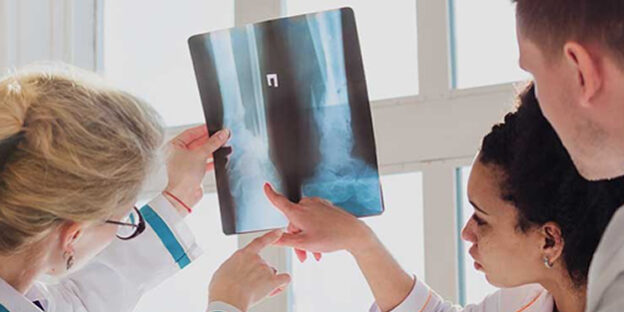Inquests and Medical Negligence Claims
Inquests are often very traumatic experiences for families to go through when they have just suffered a bereavement. This can particularly be the case when there are questions about the medical treatment someone received before they passed away, or suspicion that they may have lost their life due to negligent treatment or services.
What is an Inquest?
An inquest is a public inquiry, held before a coroner, a member of the judiciary. An inquest is held to find answers to narrow but important questions about the person that has passed away: who they were, when and where they died, the medical cause of death, how they came about their death. It is a fact-finding process and does not result it attributing blame or responsibility for what happened.
Why Hold an Inquest?
A Coroner has a duty to investigate certain deaths. An inquest is very important, as it can allow lessons to be learnt when things have gone wrong leading to someone losing their life. It also protects a bereaved families’ rights as it seeks to determine what happened to lead to someone losing their life.
Although an inquest does not attribute blame, it may identify circumstances that support or lead to separate claims afterwards.
Who is Involved in an Inquest?
A Coroner would usually determine who is reasonably required to be involved in an Inquest. This may include witnesses that were present during the events, or doctors and clinicians that were involved in treatment. Occasionally, a Coroner may consider that separate expert evidence is needed.
A Coroner can identify Interested Persons for the Inquest, too. These are often the family of the deceased, but can also be individuals or organisations that were closely involved, such as a hospital or clinicians. Interested Persons would then receive copies of evidence and be allowed to participate in the Inquest, for example by asking questions of witnesses.
What Happens After an Inquest and Can I Get Help?
An Inquest would usually result in answers being determined to the questions considered above, such as how the person came about their death. This allows the death to be formally registered, producing a full death certificate.
During an Inquest a Coroner may identify a risk of future deaths. They may then have a duty to refer such circumstances to an appropriate body to see if action can be taken to prevent such deaths from occurring.
During an Inquest, or from the documents obtained before one is held, evidence may raise clear suspicion of negligent treatment and poor care. This may assist in a separate medical negligence claim. It is important to obtain legal advice about this as soon as possible as strict time limits can often apply.
At PHH Solicitors we offer ‘no win, no fee’ on medical negligence claims. When a clinical negligence claim is being investigated and involves an Inquest, we can assist you with the Inquest insofar as it relates to that claim. Please contact Judith Abram or Peter Jensen on 0123 778231 for a free no obligation consultation.


